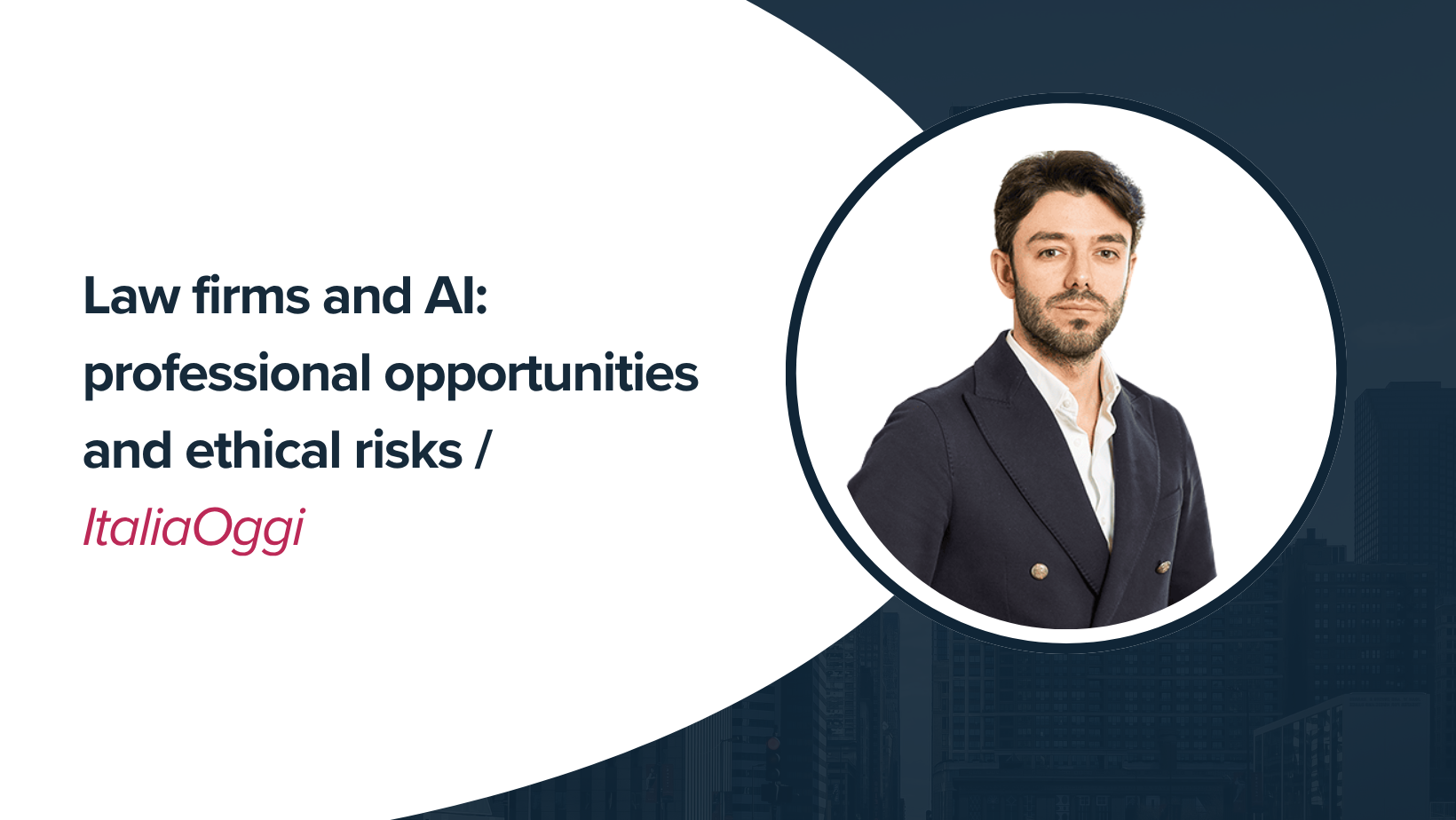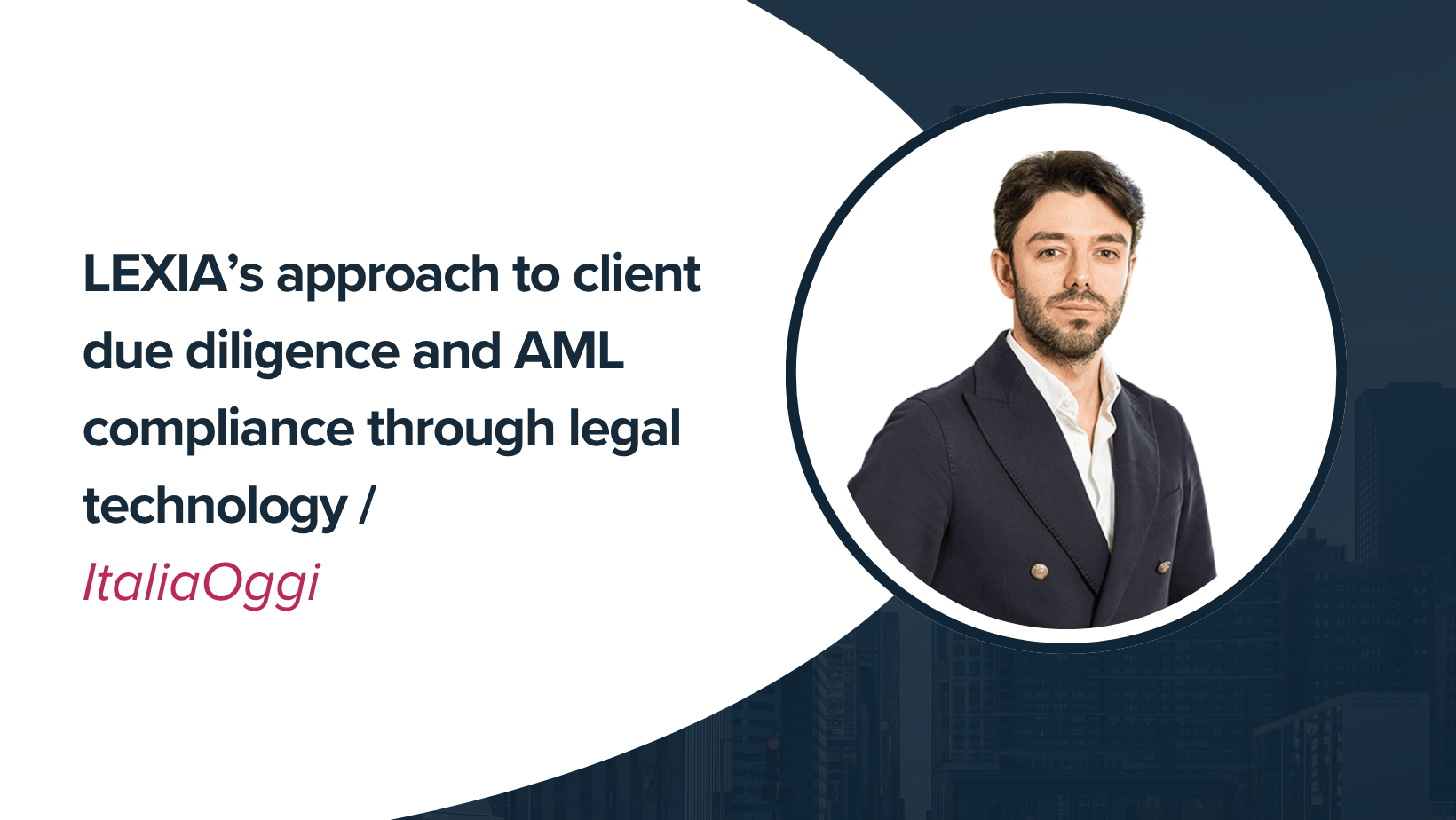The evolution. Not just lawyers: these new roles are increasingly in demand within medium and large-sized firms. They help relieve partners from human resources management or enhance the use of technology in secure ways.
Experts with technical and scientific backgrounds in specific sectors work alongside managers with profiles typical of corporate environments: law firms are increasingly opening up to professionals outside the traditional legal role. Firms are not only bringing in specialists in emerging digital technologies and AI, but also, for instance, experts in trademarks, patents, or strategic advocacy. Moreover, larger and more structured firms are increasingly being run like companies and appointing general managers.
Annamaria Algieri holds a degree in modern foreign languages and literature and works at Herbert Smith Freehills in the field of industrial property. Since 2007, she has been a registered trademark representative in Italy and the European Union. “Having an in-house consultant in these areas,” she explains, “allows the firm to expand the technical services it offers and to build a daily relationship with clients. In the past, companies would turn to a technical office for patents and trademarks, and to a law firm—two separate entities.”
The appointment of Pablo Ambrosy as the new Chief Digital and Innovation Officer at Portolano Cavallo is recent. Also an expert in cybersecurity, his role is to guide the firm through its technological evolution. “We need to tackle the major field of artificial intelligence, understand how these tools are being used by younger professionals, and ensure consistent quality,” he comments. “But my role is to use business intelligence to understand where the firm is heading—not only in terms of financial aspects. Then, there are the challenges of digital security.”
LEXIA has an internal team dedicated to the development and customization of software and acts as an incubator for startups focused on legal tech. «The model that law firms are moving towards, or should move towards,» explains lawyer Francesco Dagnino, managing partner and founder of LEXIA, «is one where they have platforms that organize services related to the firm’s main activities within. Lawyers should be able to focus on practicing law, while activities unrelated to legal consulting should be handled by managers in those fields. These managers must be autonomous and independent, preferably not from the legal world, in order to structure the firm as if it were a business.»
In business legal consulting, there is room for increasingly specialized professionals. Simone Mori is the new partner at GA (Grimaldi Alliance) responsible for strategic advocacy, particularly in the energy and infrastructure sectors. «It doesn’t mean lobbying,» he explains, «but helping a client, a company, understand the evolution of the context and anticipate what might happen. Strategic advocacy has a very strong technical dimension, with a clear understanding of the impact of decision-makers’ choices on businesses in order to stay ahead.»
At BonelliErede, alongside lawyers and accountants, there is a team of around 250 people, which includes both traditional functions and those typical of businesses: from strategic planning, overseen by the CFO, to talent management handled by human resources. In the innovation area, over 80 professionals work: 23 in ICT, three in the Digital Innovation team, and 54 in beLab, the Alternative Legal Service company offering services complementary to traditional legal services. «In a large law firm, having an organized structure is a concrete advantage,» comments Angela Maria Cossellu, General Director of BonelliErede since June. «The evolution of processes is not an end in itself, but aims to support the work of lawyers, making it more effective and agile. Ours is an operational machine supported by a soul strongly oriented towards the future. BeLab, for example, aims to increase competitiveness through the analysis and adoption of new technologies, process automation, and the introduction of generative artificial intelligence.»
Morri Rossetti & Franzosi has also appointed a general director and chose Ferdinando Pastrello, who explains the choice as follows: «Having reached a certain size, we believe it’s necessary to establish a business-style organizational structure, rather than just a simple secretariat. This helps relieve partners from management and organizational tasks. Those coming from backgrounds other than the legal field have diverse experience and can bring added value.»
Full article on NT+ Diritto >



